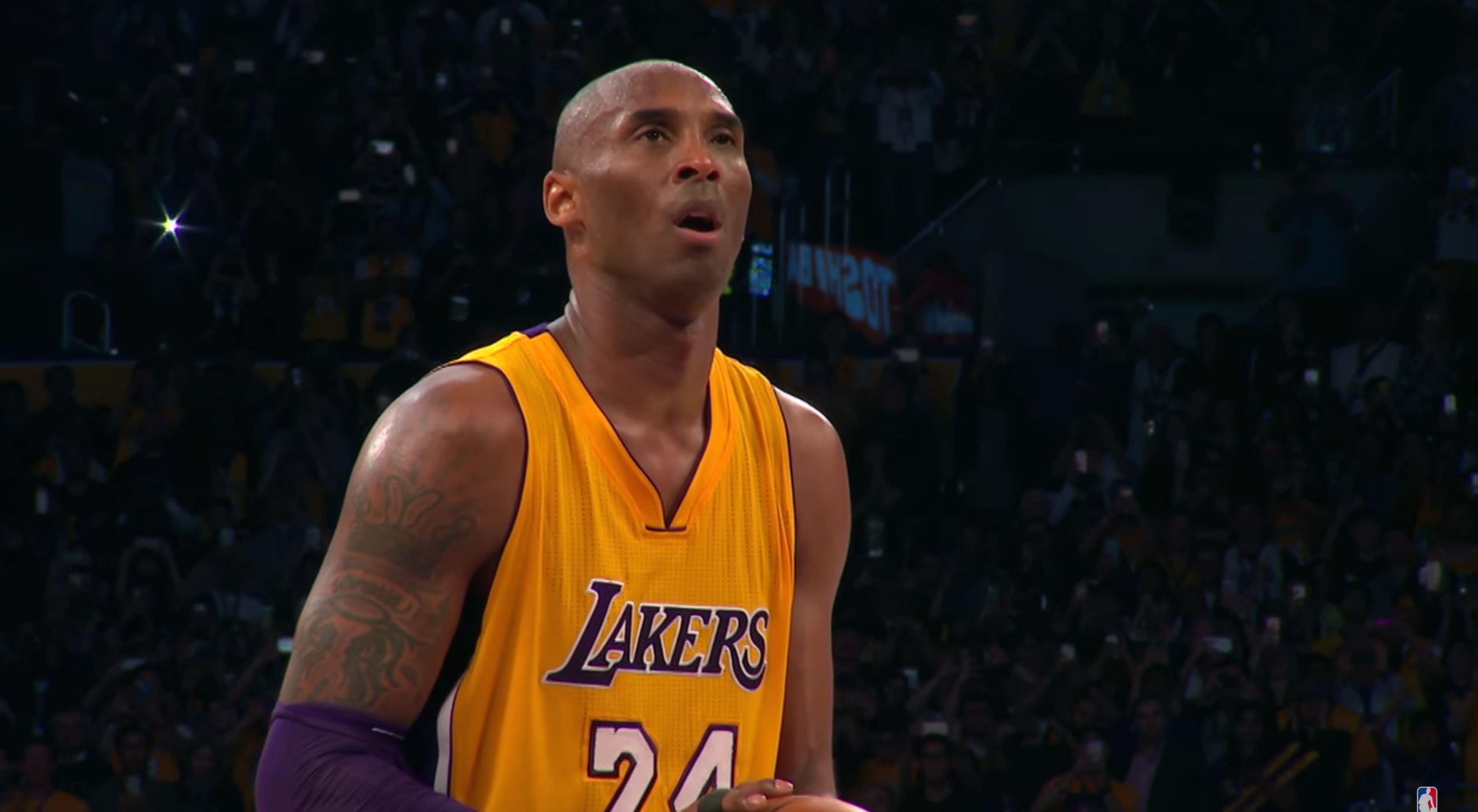Before you say it: yes, I am biased. I grew up watching the dude play. There’re a few hazy memories of the time when Nick Van Exel and Eddie Jones were the face of the franchise (coulda been worse), but for the most part, Kobe Bryant is all I’ve ever known as a Laker fan. That bias aside, is there anybody arguing that the Warriors should be the top story today?
If you’ve been watching this wacky NBA season for the last six months, you could say this just as well as I can: whatever that was last night—sixty points on forty-four percent shooting across fifty shots, all at age thirty-seven—it certainly wasn’t human. Watching that point total crawl up, watching the momentum miraculously shift to the Lakers’ side in the second half, watching the delirious fans getting so much more than they bargained (a hell of a lot) for… It was like watching a very corny, very expensive movie. But if you had written a movie to have a legacy player’s career end this way, it would’ve been shaken off as unrealistic—even after what Derek Jeter did.
And honestly, it wasn’t Kobe’s diminishing lift, speed, or precision that made me doubt a story like that, but really, it was his diminishing heart. From Julius Randle breaking his leg in the first game of the 2014–2015 season to D’Angelo Russell deciding to make a short film to end the 2015–2016 one, the last two years have been a trainwreck. The worst in franchise history—by so much more than just record. And the whole time this was happening, I could feel Kobe shutting down. He’s the toughest competitor I’ve ever seen play, and even he too seemed aware that the whole thing was futile. That’s why I gave up on the theatrics myself.
In his playing days, Charles Barkley notoriously noted that he wasn’t a role model—just a basketball player. A good point, and a valid one when you try to use an athlete’s personal life against them. But Kobe absolutely has been a role model in the way that he’s approached the game. And mid-comeback last night—just as there was a close-up on his face, hunched over and sweating buckets, struggling to catch his breath—I realized that defying age, injury, and even self-doubt was his best performance ever. Better than coming back from a severely rolled ankle in the 2000 Finals, better than eighty-one points in 2006, better than Game Seven of the 2010 Finals against Boston.
Golden State winning seventy-three games deserves its spot in the lore of NBA history—and it’ll get it. The thing is, anyone who’s spent time watching that freakishly good team shouldn’t be the least bit surprised in their accomplishments. But when Shaq jokingly asked Kobe for fifty points before this Laker game, it was so outrageous a request that everybody laughed—including Kobe himself. Looking back at that now, though, it almost sounds like Kobe was thinking, “Fifty? Nah. How ’bout sixty?”









